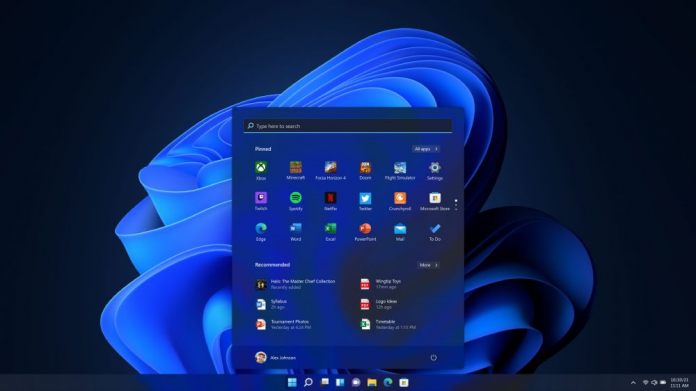Microsoft has announced that the Windows Management Instrumentation Command Line (WMIC) tool, used by IT Administrators to manage systems and obtain information, will see its functionality cease starting January 29, 2024, beginning with Windows 11 preview builds. WMIC has been available as a feature-on-demand in Windows, despite its deprecation in 2016 for Windows Server and subsequently for Windows 10 in 2021. However, it will now be disabled by default in the forthcoming Windows 11 release, presumed to be version 24H2, and is slated for removal in future versions.
Impact on Administrators and Developers
The upcoming changes necessitate that administrators and developers who rely on WMIC pivot toward alternative solutions. Microsoft suggests using Windows PowerShell, an advanced management framework, to interact with Windows Management Instrumentation (WMI). PowerShell offers a more capable and versatile environment for scripting and automation of system management tasks historically performed by WMIC. Microsoft asserts that discarding deprecated features such as WMIC simplifies system code, enhancing both security and productivity for users.
Broader Context of Feature Deprecation
In line with WMIC's deprecation, Microsoft has also indicated cessation of support for various other features and components in 2023. The list includes, but is not limited to, Windows Mixed Reality, WordPad, Cortana, Steps Recorder, and Windows Speech Recognition. The transition away from these legacy components signals Microsoft's strategy to streamline its operating systems and focus on newer, more secure, and efficient technologies. For users and professionals reliant on any deprecated features, Microsoft's document release provides guidance on migration plans and alternative approaches.
The transition away from WMIC marks a significant change in management tools and practices for Windows environments, pushing users towards embracing the capabilities of PowerShell for system administration duties.






